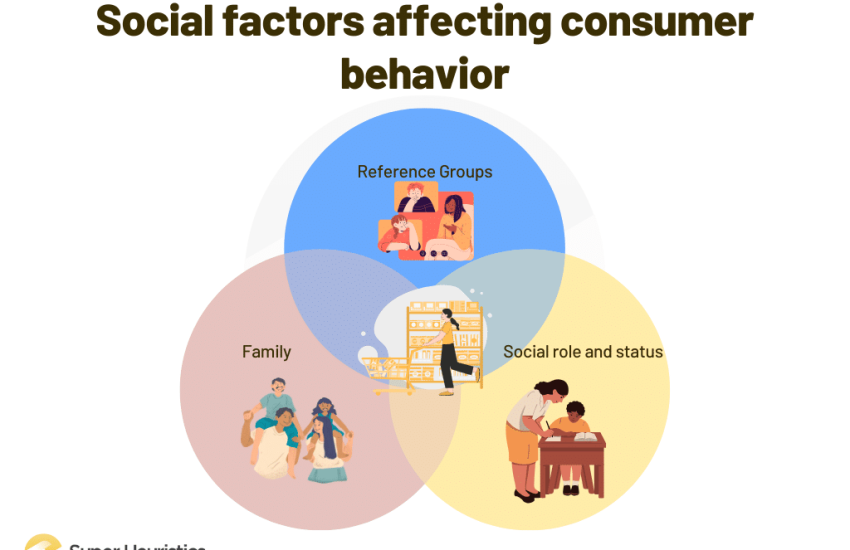The Social Consequences of Income Inequality
Income inequality is a pressing issue that affects societies around the world. The growing gap between the rich and the poor has significant social consequences that can impact individuals and communities in various ways. In this article, we will explore the social implications of income inequality and why it is crucial to address this issue.
1. Health Disparities
One of the most significant social consequences of income inequality is the disparities in health outcomes. Studies have shown that people with lower incomes are more likely to suffer from chronic illnesses, have shorter life expectancies, and have limited access to healthcare services. This can create a cycle of poverty and poor health, as individuals struggle to afford medical treatment and preventive care.
2. Education Divide
Income inequality also plays a role in the education system, where children from low-income families may not have the same opportunities for quality education as their wealthier counterparts. This can perpetuate the cycle of poverty, as education is a key factor in upward mobility and economic success. Without access to quality education, individuals may struggle to secure well-paying jobs and improve their financial situations.
3. Social Mobility
Income inequality can significantly impact social mobility, or the ability of individuals to move up the economic ladder. When there is a large wealth gap between the rich and the poor, it can be challenging for individuals from low-income backgrounds to achieve upward mobility. This can lead to feelings of hopelessness and resignation, as individuals believe they are unable to improve their financial situations no matter how hard they work.
4. Social Cohesion
Income inequality can also erode social cohesion within communities, as individuals may feel resentful or envious of those who are wealthier. This can lead to social unrest, crime, and a breakdown of trust and cooperation among community members. In extreme cases, income inequality can even contribute to societal divisions and conflicts, as people become more polarized along economic lines.
5. Political Polarization
Income inequality can also exacerbate political polarization, as individuals may become increasingly frustrated with the government’s failure to address economic disparities. This can lead to the rise of populist movements and extremist ideologies, as people seek alternative solutions to income inequality. In the long run, political polarization can undermine democracy and social stability, as individuals become more divided and less willing to compromise.
Addressing Income Inequality
It is clear that income inequality has significant social consequences that can impact individuals and communities in profound ways. In order to address this issue, policymakers must implement policies that promote economic equality and social mobility. This may include raising the minimum wage, investing in education and healthcare, and creating more opportunities for affordable housing and job training.
Furthermore, individuals can also contribute to reducing income inequality by supporting ethical businesses, advocating for fair wages and working conditions, and volunteering in their communities. By working together to address income inequality, we can create a more just and equitable society for all.
In conclusion, income inequality has far-reaching social consequences that can impact individuals and communities in various ways. By addressing this issue through targeted policies and individual action, we can create a more equal and prosperous society for everyone.
References:
https://www.ncbi.nlm.nih.gov/pmc/articles/PMC6480585/
https://www.pewresearch.org/social-trends/2021/09/12/how-wealth-inequality-is-changing-in-the-u-s/


